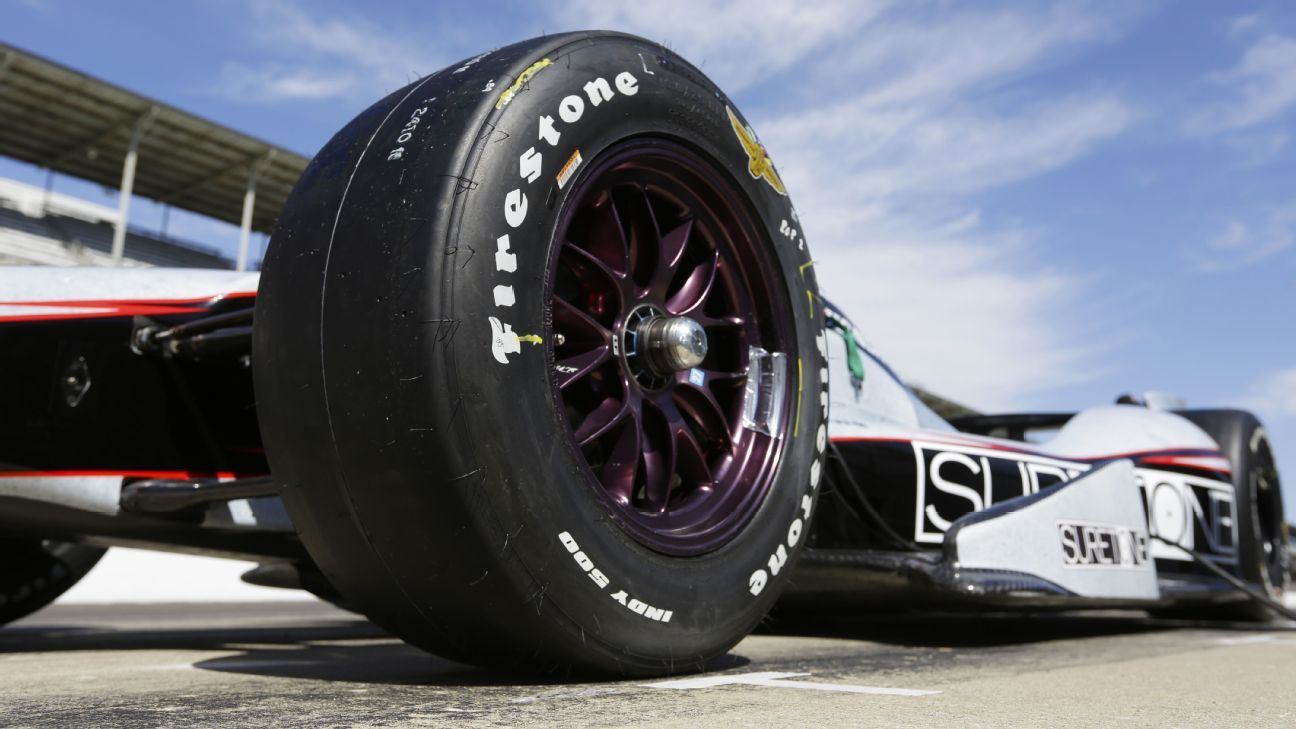In IndyCar’s effort toward environmental sustainability, one of the world’s largest tire manufacturers will rely on a desert shrub to produce a new source of natural rubber for its tires.
Bridgestone Americas said Thursday it has used the offseason to incorporate more sustainable and bio-circular materials into its tires this season. That made it possible for Firestone to provide tires with rubber derived from the guayule desert shrub at all five street circuits of the 17-race IndyCar season.
The tires will make their season debut in next week’s opener on the downtown streets of St. Petersburg. The tires were tried twice last season – during the pit-stop challenge at the Indianapolis 500 and the street race at Nashville.
“We are driving sustainability in every area of our business, and we’re thrilled to be advancing guayule and other sustainable practices in America’s premier open-wheel racing series,” said Paolo Ferrari, CEO of Bridgestone Americas. “Firestone has a tremendous legacy of innovation and performance in racing, which we will continue to build upon as we move into this new era of cleaner, safer and more sustainable mobility on and off the track.”
Bridgestone last year advanced an additional $42 million to establish commercial operations for planting and harvesting the rubber-rich guayule shrub. The guayule plant, which is native to Northern Mexico and the Southwestern United States, bears small white flowers and narrow silvery leaves that grows in hot, arid desert areas with plenty of sun and little water.
In addition to the to the guayule street tires, the majority of race tires used this season will be manufactured at the energy-efficient Advanced Test Production Center. The center received International Sustainability and Carbon Certification PLUS recognition for its transparency and traceability of sustainable raw materials.
Also, Firestone will use ISCC mass balance certified synthetic rubber made with recycled plastics in all race tires during the Indianapolis 500.
